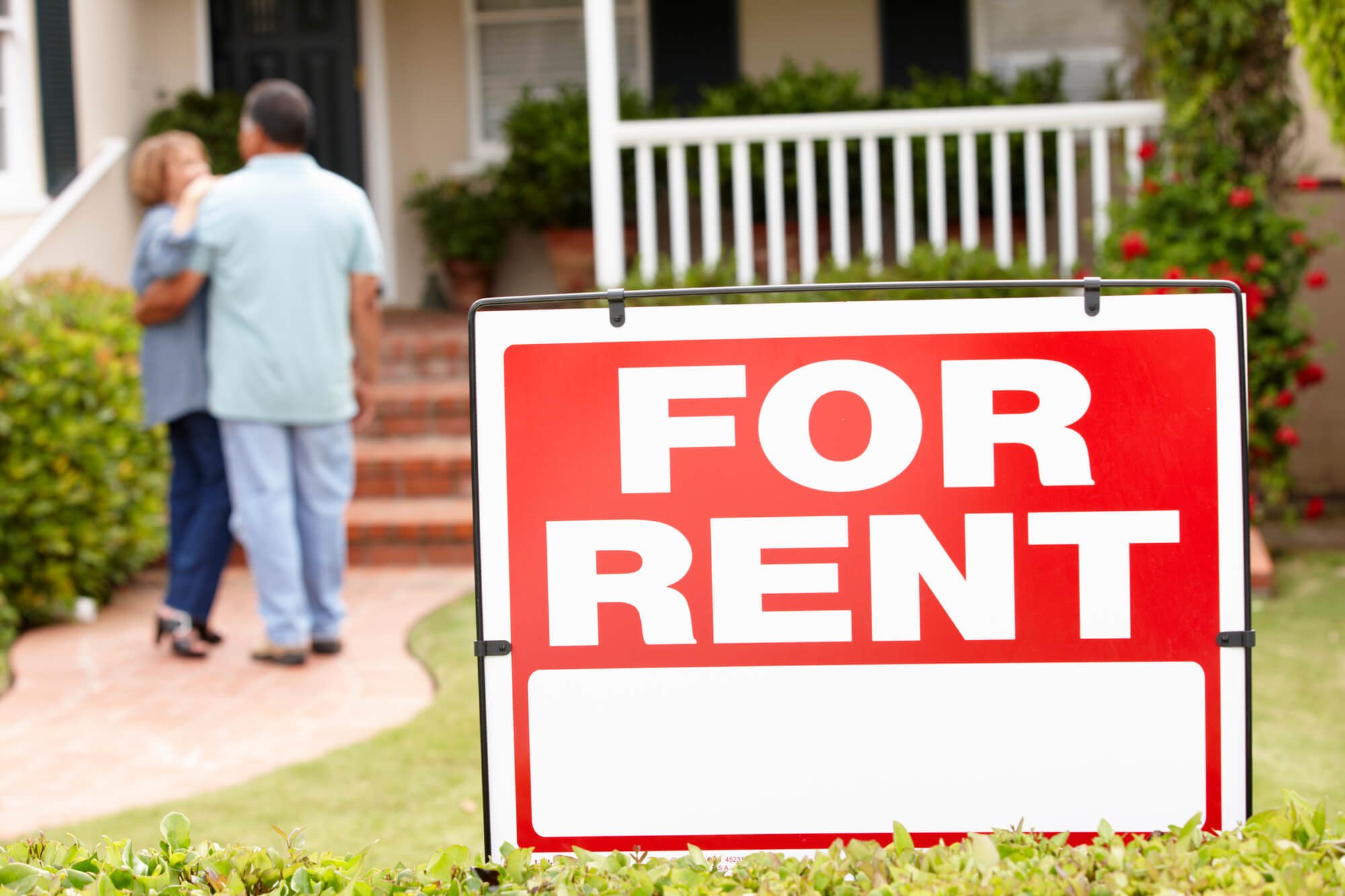Sooner or later, everyone dreams of finding a passive source of income to supplement or replace their current one.
Buying a rental or investment property can be a great way to do just that; but if you’re wondering about becoming a landlord, there are a few things you should consider before you start combing through the MLS.
At American Home Team Realty, property management is our passion and our main focus. We love to see first-time landlords achieve their goals and build the lifestyle they’ve always dreamed of, but it takes a little extra planning to make it work for you.
Here’s how to become a landlord in 7 steps.
1. Know Thyself
Anybody can imagine becoming a landlord (or anything else, really) when everything is going well. What makes it hard is when things go sideways.
Take some time to examine yourself and decide if you have the right personality and temperament to be a landlord. At some point, you may have to evict your tenant or take them to court; this can be intimidating for some people.
The best landlords are honest and fair, but unbending on the rules even when it comes to rent payments.

Similarly, you need to decide if you’re up to the physical, mental, and financial rigors of owning a rental property. Owning another house means you have an entirely separate set of structures and appliances to maintain. Even if you hire these jobs out, you’ll still be financially responsible. You’ll also need to be able to collect rent payments and pay your property taxes.
If being a landlord were easy, everyone would do it. Take some time to make sure it’s right for you…before you’re hundreds of thousands of dollars in.
2. Do the Math
Just like any business, becoming a landlord is a numbers game.
You need to take in more than you spend in order to be profitable. And investment properties have a lot more expenses than most people realize.
Do some research to see what the real estate market is like in your area. You’ll need to find a place that’s not out of your budget, but that can still command enough rent to cover the mortgage, property taxes, HOA fees, insurance, and still leave some profit for your bank account.

Make sure you have funds for the down payment as well as any repairs, updates, and other surprises that may pop up.
Whether becoming a landlord is your primary source of income or simply a side hustle, it’s still a business. Crunch the numbers to make sure that your investment property will actually be a source of income for you and not other money pit.
3. Know the Law
While, in many ways, a landlord is his/her own boss, you will not have the final say on every single aspect of your rental property. There are a slew of federal, state, and local landlord tenant laws as well as building codes and HOA guidelines that you will be subject to as a landlord. And even though you are not the primary resident, it’s you that is responsible for the property taxes.
For example, Florida law requires that all landlords provide tenants with reasonable notice before entering the property for maintenance or inspection. Even if you write a clause into the lease that you are allowed to inspect the property at any time without notice, the law would supersede it.
Understand your legal obligations, rights, and restrictions as a landlord before you put any money into an investment property.
4. Set Your Boundaries
Within the limits of the law, there is still plenty of room for you to determine what you are comfortable with in a future tenant.
What are the terms of the lease? Will utilities be included? Are pets allowed? If so, what kinds and how many? Will you allow residents to smoke indoors? Will you work with Section 8 housing?
There is no right or wrong answer to these; it all comes down to your preferences. Once you decide what policies you’re comfortable with, write up a lease template.
5. Buy a Rental Property
Work with a realtor who understands rental and investment properties, such as American Home Team Realty.
Your realtor is one of the most important people you will ever work with during the process of becoming a landlord. He or she will have valuable insight on in-demand neighborhoods, real estate trends, rent rates, and other factors that will affect the profitability of your rental property.

This is not the time to consider what you want in a home, but what’s most appealing to renters.
Fixer uppers can be a good way to get a great deal, but be careful. It’s easy to get in over your head and not have the skills (or the money) to bring the house up to a livable standard. Feel free to update the property with new paint, carpet, or appliances, but don’t go overboard. Cosmetic upgrades don’t affect the rent price as much as you’d expect.
6. Get Insurance
Insuring your rental property is a lot different from insuring your residence.
Having strangers occupy your home opens you (and your insurance company) up to a lot of additional risk. Trying to squeak by with a simple homeowners’ policy could backfire in the event of a claim. Many insurers may choose not to cover damage caused by a tenant they didn’t know was there.
Aside from protecting the home itself, landlord policies can also provide insurance against the financial risks of owning a rental property. For example, loss of income insurance can cover you in the event that you lose rental income due to a fire, flood, or other disaster.
No business should be without insurance, and your new venture is no different.
7. Hire a Property Management Company
Managing a rental property can easily turn into a full-time job. Finding good tenants, collecting rent, scheduling and coordinating maintenance, bookkeeping, and keeping up with your other obligations can make that “passive” income a little less restful than you imagined.

If you’re wondering how to become a landlord and still have time for everything else, a property management company is the answer.
A full-service property manager will:
- list the property,
- screen applicants,
- draft a lease,
- schedule maintenance,
- field phone calls,
- collect rent,
- manage accounting,
- and more.
Further, an experienced property management company can give you guidance and advice on complex issues such as when to raise rent prices, how to deal with tenant disputes, and maximizing your income. It’s like having a mentor who only has your best interests at heart.
How to Become a Landlord…the Easy Way
With American Home Team Realty, learning how to become a landlord couldn’t be easier.
Our team brings decades of real estate and property management experience to every interaction with you and your tenants, so you can have all the benefits of being a landlord with none of the hassle! We specialize in helping first-time landlords get the most out of their rental properties and still have time enjoy their families, retirement, hobbies, or whatever else they value most.
Interested? Great! We can’t wait to meet you!


